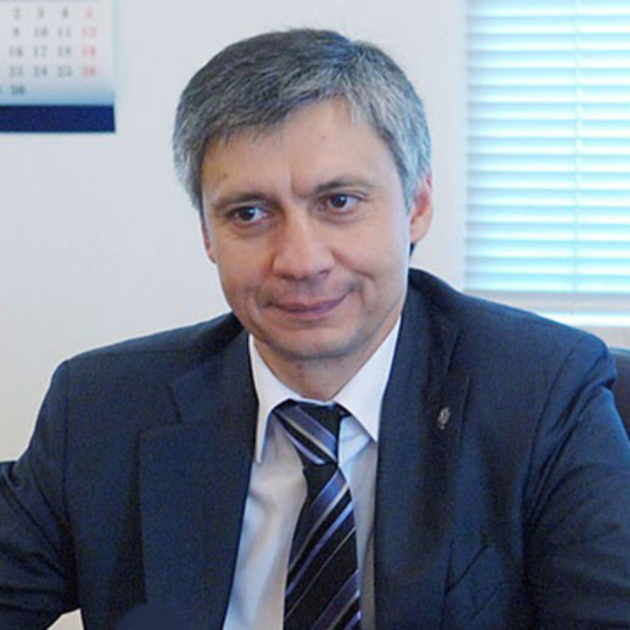One of the discussed socio-economic topics this week was the initiative of Dmitry Medvedev, deputy head of the Russian Security Council, chairman of the United Russia party, to introduce a minimum guaranteed income for all citizens in Russia. Social services have already reacted to Medvedev's proposal, finding that the idea of a guaranteed income is supported by 68% of Russians, as well as by the Kremlin: the president's press secretary Dmitry Peskov noted that this topic has not yet been discussed in detail. Vestnik Kavkaza discussed the prospects for a guaranteed income for Russian citizens with Alexander Safonov, Vice-Rector of the Academy of Labor and Social Relations.
- Alexander Lvovich, in your opinion, how likely is it to introduce a guaranteed income for Russians in any significant amounts?
- If we take 12 thousand 150 rubles for the basic guaranteed income, that is, the minimum wage and the living wage of an able-bodied person, then the total cost of such payments for all Russians will be at least 21 trillion rubles a year. This is a fairly large amount - so large that it covers the possibilities of the federal budget, there is simply no such money there. And even if we reduce the size of the guaranteed income by half, to 6 thousand rubles, then all Russians will still have 10 trillion rubles a year. Based on these calculations, we can say that the initiative is unlikely to be implemented.
- In your opinion, what is the reason for the appearance of guaranteed income projects?
- The discussion about an unconditional basic income has been going on in Europe and in the world for a long time. These initiatives are associated with the emergence of risks of loss of income for the population as a result of job loss, including due to the quarantine caused by the pandemic, but also in general due to the structural transformation of the world economy. Hence the actualization of this discussion.
- What are the risks of introducing a guaranteed income in addition to the high burden on the budget?
- Firstly, the guaranteed income cannot be applied selectively, it must be paid to all citizens without exception, regardless of whether they work or not, whether they are poor, rich, healthy or disabled. I don't see any traps or other disadvantages in this practice. Guaranteed income is an attempt to solve one of the problems of capitalist society: automation leads to job cuts, job loss, in turn, leads to a drop in consumer demand, which is why it is unclear by what means social campaigns can be developed.
- Just what Bill Gates and Mark Zuckerberg started talking about earlier?
- Yes, the fact that Gates and Zuckerberg spoke about the need for a more active study of the ideology of an unconditional basic income is a forced discussion due to the fact that it is not yet clear what the prospects for selling their products will be in conditions when people simply will not have money.
However, if we summarize the whole topic, then we must state that in the current economic reality it is impossible to realize the idea of an unconditional basic income, as you said, in a size that is significant for citizens.






